I participated in the "Human Resources Development Program for Overseas Railway Infrastructure Deployment" held in February 2025.JICA has implemented and supported railroad sector projects in many developing countries through financial and technical cooperation. The following is an overview of this program and the significance of participation for JICA.
1.JICA-supported railroad construction projects
Economic development and urbanization in developing countries, and the accompanying urban traffic congestion and deteriorating air quality, combined with the need to combat global warming, have increased the demand for urban railroads and subways in many developing countries in recent years, especially in emerging economies.
JICA has cooperated in numerous railroad construction projects in developing countries, mainly through yen loans. A typical example is Manila, the capital of the Philippines, where JICA has supported the construction, delivery of rolling stock, and maintenance of an urban railroad system laid out in a circle to support the mobility of Manila residents for many years. JICA is currently providing financial support for the construction of the first subway system in the Philippines. In India, we have long supported the construction of the Delhi Metro, which is widely known by the local people, and the expansion of its network, in cooperation with Japan/JICA. Currently, construction of a high-speed railway linking the major cities of Mumbai and Ahmedabad in western India, using Japan's bullet train technology, is progressing at a rapid pace.
In addition to these two countries, construction of railroads is currently underway in Indonesia, Bangladesh, Egypt, and many other countries with JICA's cooperation. It is expected that the railroads will be completed and put into operation in the next few years, making transportation much more convenient for people in these countries.
2.Human Resource Development Program for Overseas Railway Infrastructure Development
The main objective of this program is to develop global experts in the overseas infrastructure development of Japan's high-speed and urban railroads. In addition to the face-to-face program, which started on February 3 and lasted for five days, an online course was held in late February to provide information on overseas railroads from the field.
This program consists of half lectures and the other half group exercises. The first day began with a keynote speech by Professor MORICHI, Shigeru of the National Graduate Institute for Policy Studies (GRIPS), followed by lectures by the Japanese government and government-affiliated organizations on the latest trends in Japan's related policies, etc. The second and subsequent days featured lectures by private-sector lecturers with practical experience on topics such as the current state of overseas railroad markets, international competitive bidding mechanisms, overseas trade practices, etc.
For example, in the "Railway Project Management Simulation," the participants experienced a simulated railroad construction site in the form of a board game to understand the process that could affect the entire construction project if delayed, called “critical pass”. The participants also enjoyed networking among themselves. In addition, in order to contribute to networking among participants, care was taken to form groups with different members each time in the same and different industries in each exercise.
3.Networking by Japanese overseas railroad business people
The total number of participants in the training was 34. They came from a wide range of industries related to overseas railroad business, including railroad operators (JR and private railway companies), manufacturers of rolling stock and signaling equipment, trading companies, development consultants, and Japanese government and government-affiliated organizations. Another aim of this program was to strengthen the network among participants. I was able to exchange business cards and greet almost all of the participants during the course, which was very useful in building relationships with railroad operators and manufacturers with whom I normally have little contact, and in gathering information on the trends of each company and its stance on overseas business. It is hoped that from next year onward, the number of companies that were unable to attend this year's event will increase, thereby building an even stronger all-Japan network.
4.Significance of Participation for JICA
As stated at the beginning of this blog, there is a growing need for cooperation in railroad construction and post-construction operation and maintenance in developing countries, and in order to meet the expectations of the Japanese government's infrastructure system export policy, JICA will continue to cooperate in the formation of projects in the railroad sector in developing countries and the steady implementation of projects that are currently under construction.
Through my participation in this program, I was able to see that the Japanese domestic railroad market is on a flattening trend due to factors such as a declining population, and that companies are eager to find business opportunities in growing overseas railroad markets, such as developing countries. I also gained an understanding of Japan's soft strengths, such as efficient maintenance and management of rolling stock and equipment, operational know-how such as on-time and safe operation, and urban development (TOD) centered on public transportation infrastructure, including development in front of stations.
Although JICA's position is not to support only specific private companies, we would like to fully understand the business strategies and strengths of these Japanese companies, with consideration for what is best for both developing countries and Japan. By utilizing the network I have gained through participation in the program, I would like to promote cooperation in the future project formulation and operation.
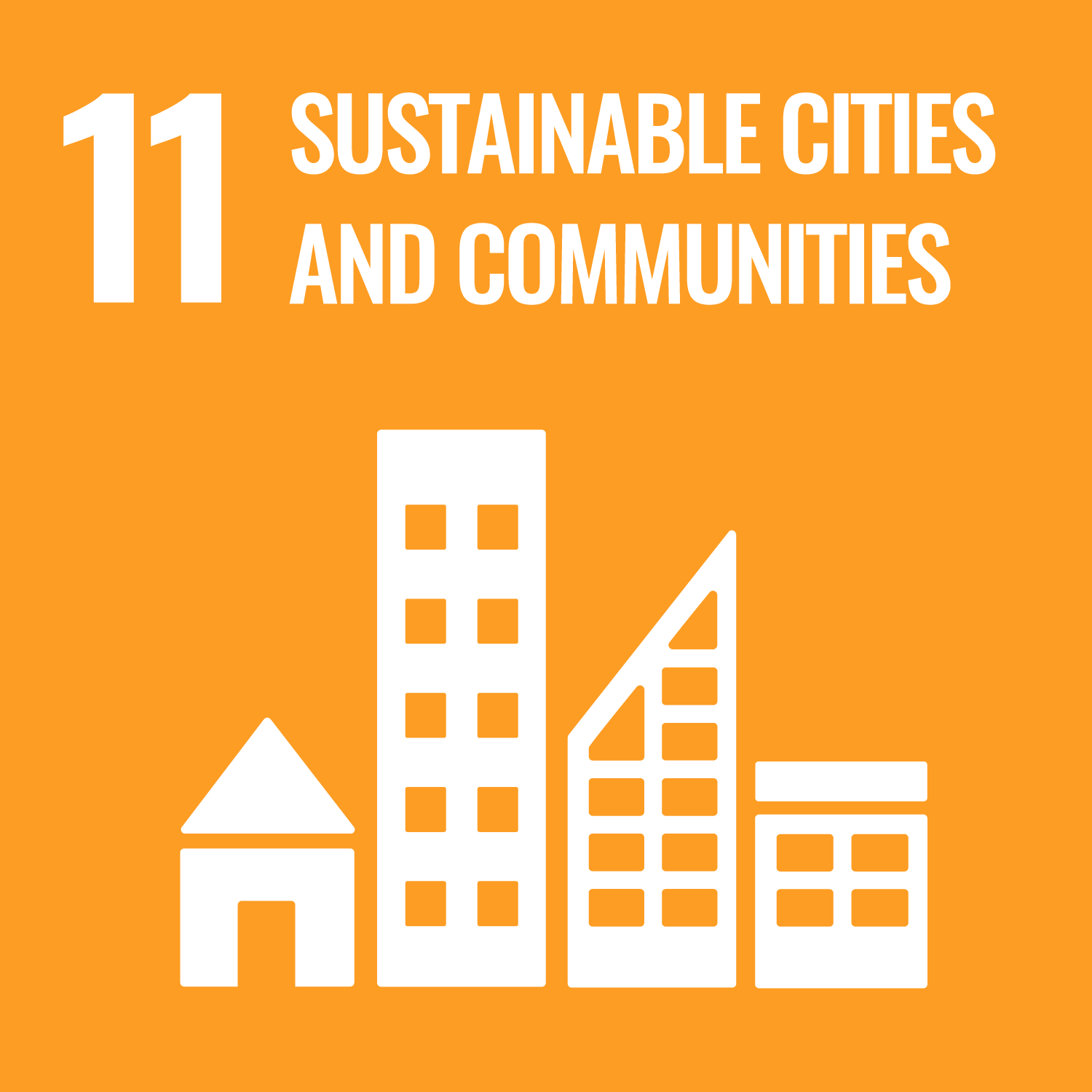





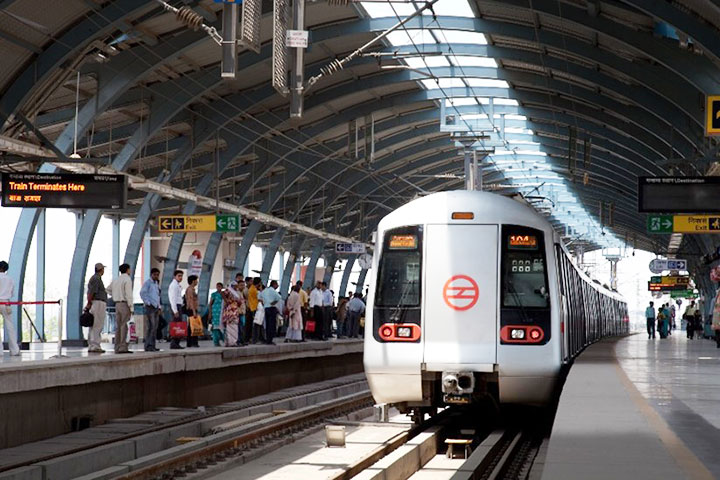
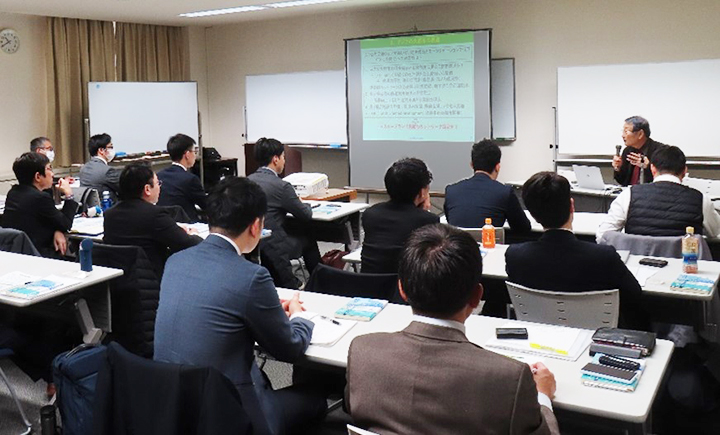
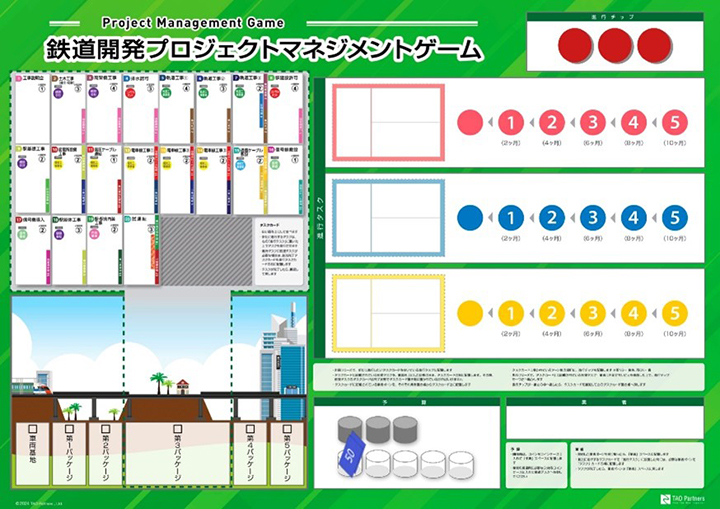
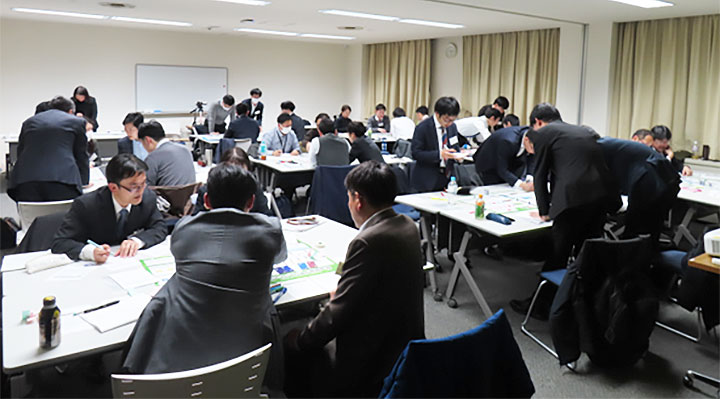
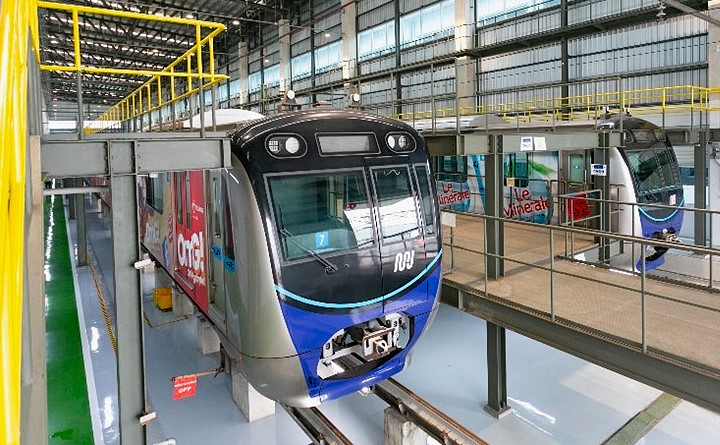
scroll